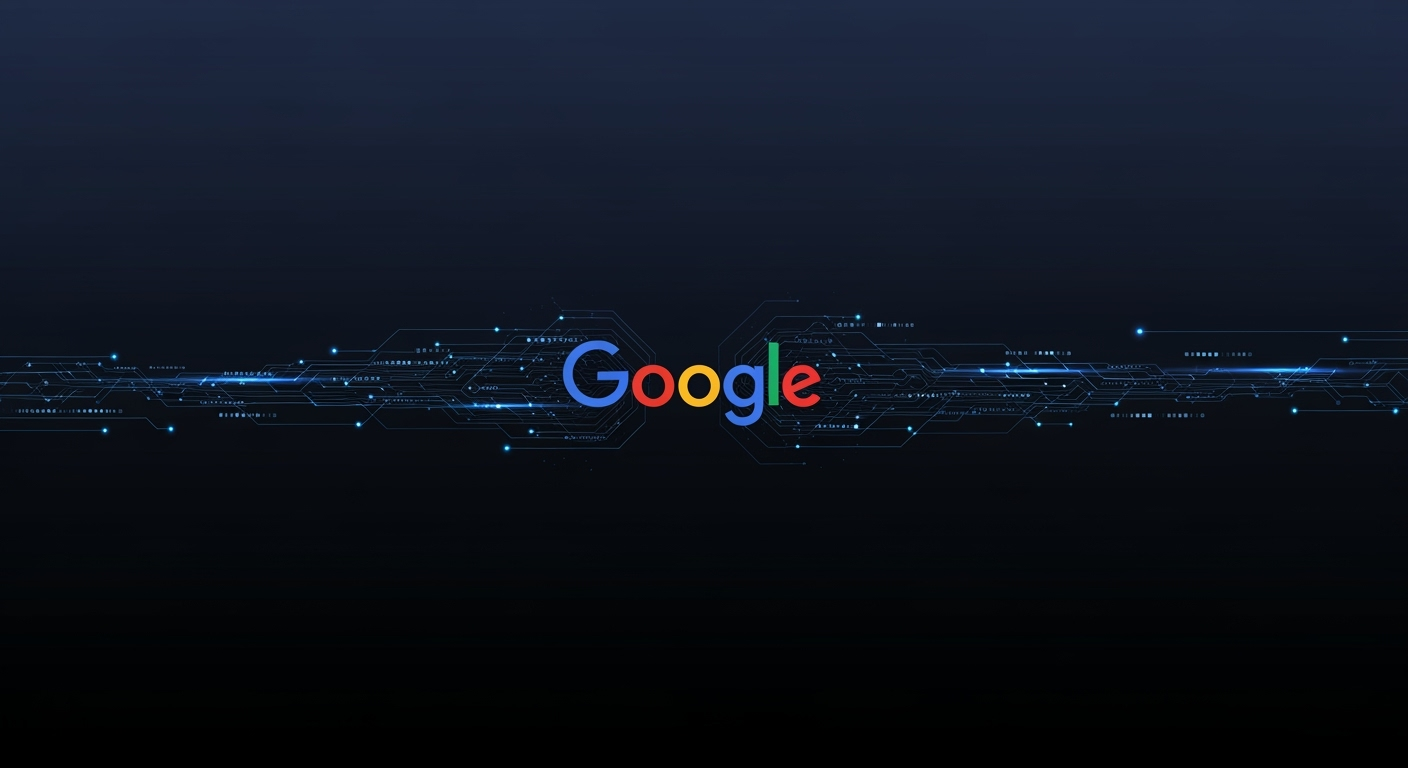Google Responds to Claims That AI Search Reduces Website Traffic

Google Responds to Claims That AI Search Reduces Website Traffic
Recent discussions in the tech world have centered around the impact of AI-powered search features on website traffic. Multiple studies have suggested that new AI search tools and chatbots are causing a decline in visits to publishers’ websites. In response, Google has publicly denied that its AI features are the main cause behind these shifts, asserting that overall organic traffic from Google Search remains “relatively stable” year over year, with a slight improvement in click quality.

Google’s Stand on Search Traffic Trends
Liz Reid, Google’s VP and Head of Search, addressed the controversy in a recent blog post. She stated that third-party reports about dramatic traffic losses often rely on flawed methodologies or misattribute changes that occurred before the introduction of AI features. Google has not released specific supporting data, but maintains that click volume and quality are steady overall.
However, even Google acknowledges shifting traffic patterns, with some sites seeing decreases and others gains. Reid notes, “user trends are shifting traffic to different sites, resulting in decreased traffic to some sites and increased traffic to others.” The company has not disclosed comprehensive data about which or how many sites are affected.
Shifting User Behavior and Search Alternatives
User habits are evolving, with more people turning to forums, videos, and social platforms for first-hand perspectives. For example, nearly 40% of young users reportedly search for lunch spots on TikTok or Instagram instead of Google Search or Maps. This trend highlights how competition from social media and platforms like Reddit and Amazon is altering the digital ecosystem.
- Google has added features such as universal shopping carts and deal finders to attract more users.
- The company recently introduced a “forums” filter to surface content from discussion platforms.
AI’s Impact on Click Quality and Publisher Opportunities
Google claims that the quality of clicks—where users spend more time on a page rather than quickly bouncing back—has improved. The company also argues that AI-powered Overviews are displaying more links per page, which could mean more opportunities for websites to receive clicks. However, Google has not quantified these improvements.

Are AI Referrals Enough?
Despite Google’s optimism, independent data paints a more nuanced picture. AI-driven referrals are growing, but they are not enough to offset declines in traditional search traffic. For example, a Similarweb study found that the percentage of news searches resulting in zero clicks to news sites increased from 56% to 69% in the year after Google launched AI Overviews.

To support publishers, Google recently launched new monetization tools, such as offerwalls for micropayments and newsletter subscriptions—indicating awareness of the challenges publishers face in the AI era.
Conclusion
While Google maintains that AI is not solely responsible for declining website traffic, changes in user behavior and the rise of alternative platforms continue to reshape the online search landscape. The debate over AI’s role is likely to persist as both publishers and tech companies adapt to the evolving digital environment.
References
- Studies indicate AI search features are impacting publishers' traffic
- AI chatbot referrals not enough to offset search declines
- Google's official response on AI search and traffic
- Google exec on TikTok and Instagram competing with Search
- Complaints about Google Search quality
- Growth in AI referrals
- Google launches offerwall for publishers





